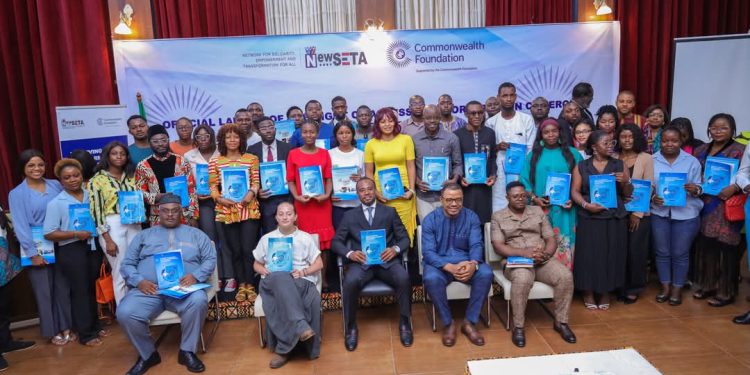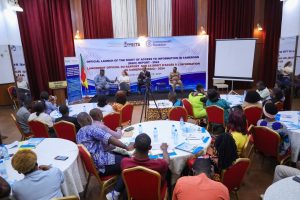
Story, Louvier Kindo Tombe
Results of the study on the situation of access to information in Cameroon as presented to the public on Tuesday, December 10, 2024 in Yaounde. It was through a workshop organized by the Network for Solidarity, Empowerment, and Transformation for All (NEWSETA).
“The national study revealed a lot of challenges with our legal landscape with respect to information and communication governance,” says Ateki Seta Caxton, Executive Director of NEWSETA.
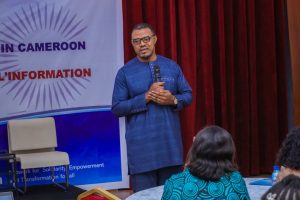
Mr Ateki presented highlights of the study which identified that there only exist “a patchwork of dispersed legislation in Cameroon governing access to information” .
“The articles are scattered in various laws and moreover there still exist gaps and contradictions in the texts,” says Ateki Seta.
That explains why there is a call from the studies that the laws should be reformed so that Cameroon can have one unique law that governs access to information in Cameroon
According to Sofia Poco-Socilogist and report researcher at NEWSETA, “Cameroonians have shown interest and a dire need to adress the issue”.

“It is a shared interest between information actors and leaders of NGOs.”
During the presentation of results of the study, a panel discussion was held on the theme “improving ccess to information in Cameroon through research, advocacy, and legal reform”.
Government officials, Members of Parliament, media experts, civil society leaders and university dons exchanged with the public diagnosing access to information in Cameroon and proposing possible solutions.
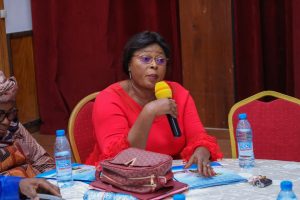
The presentation of results of the study was timely given that Cameroon is bracing up to organize presidential election in 2025.
“Media should refrain from all acts that can provoke violence. During electoral periods the media should report news and allow propaganda to play its part,” says Dr. Mbezele Alain Denis, communication specialist at the National Communication Council – NCC.
Recommendations
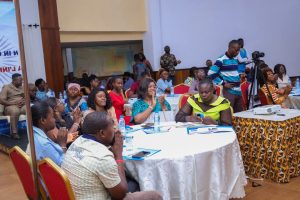
The web of conflicting provisions, uncertainties and practical barriers to access to information in Cameroon called for prompt actions.
NEWSETA is proposing that the 1990 law which is considered as the law on access to information needs to be upgraded to include online information systems. That Cameroon should set up effective information management structures with options which can oblige people to facilitate access to information and handle complaints that can result from it.
With the launch of the study, the advocacy continues. NEWSETA is to meet with members of the constitutional council in Cameroon, and the organization might engage in drafting a unique law on access to information in the country which they will table to reach parliament.
